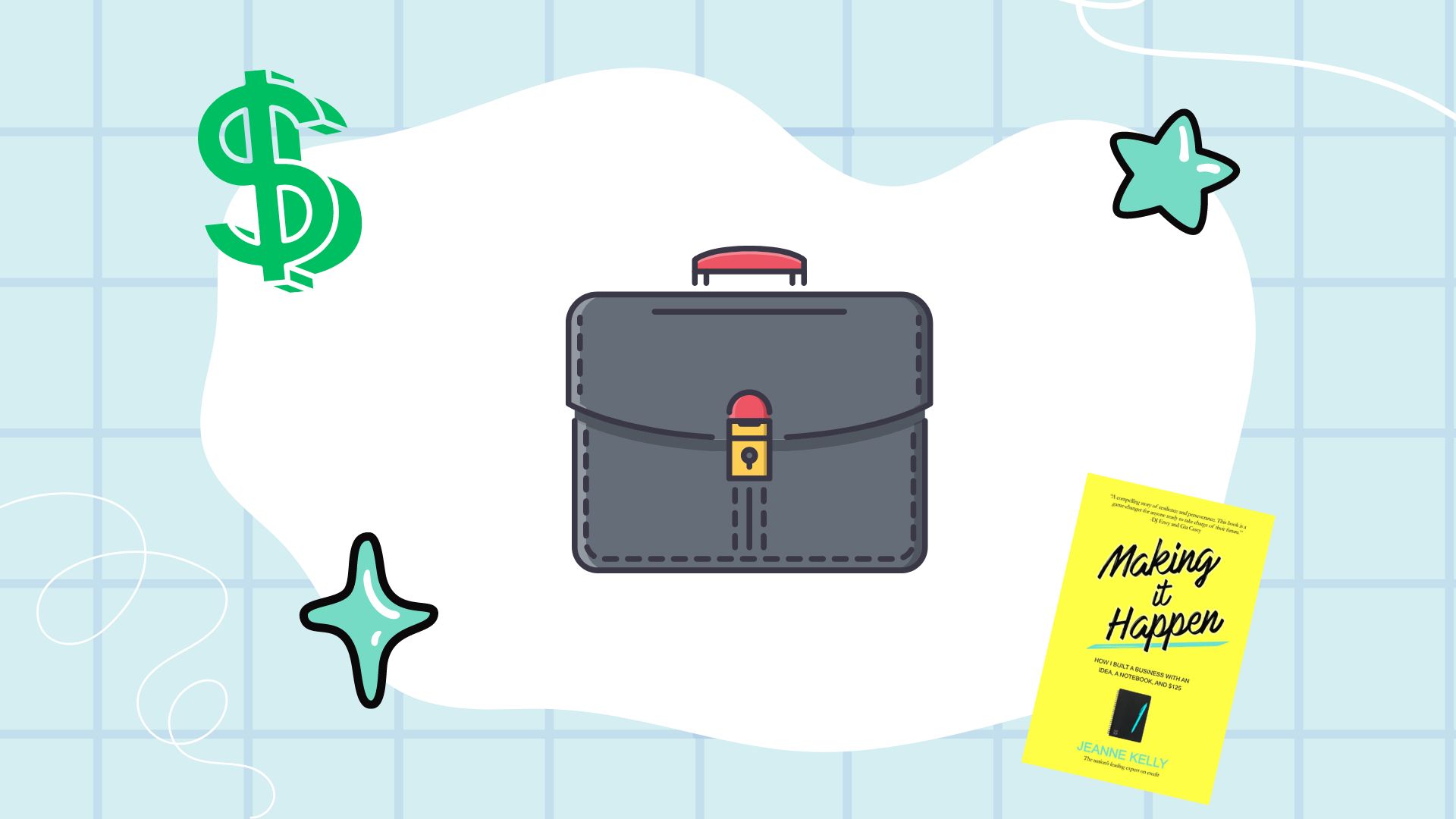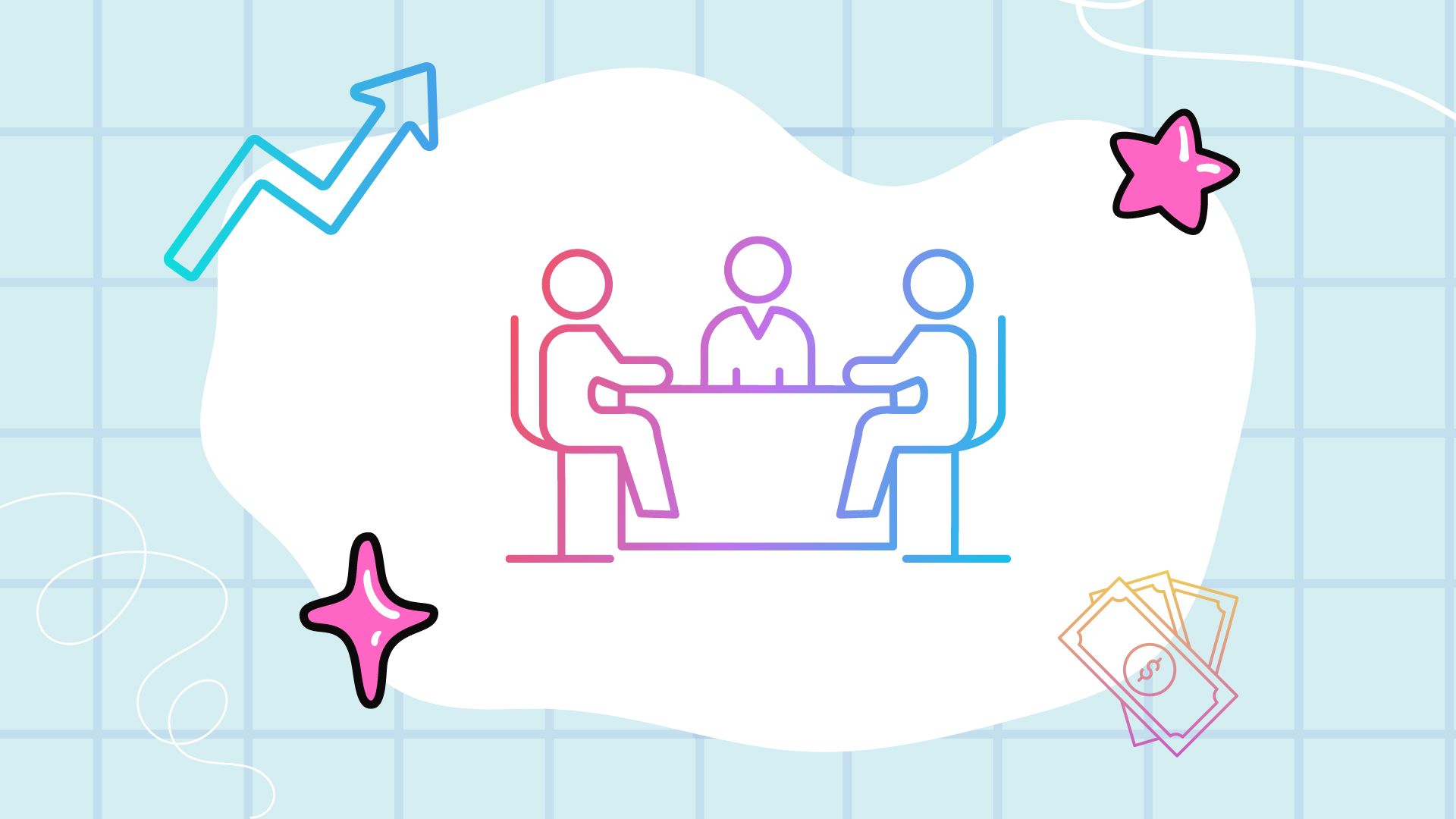No foolin’! Protecting your identity is no joke. These days thieves have become very sophisticated and they are amassing data that can be used for a multitude of crimes like filing your taxes and stealing your refund, or creating alternate identification to allude authorities or even worse have you charged for a crime you didn’t commit.
There are several ways to protect your identity, many of which you’ve heard about and are likely practicing. However, there are a few lesser known, lesser understood strategies that can give you better protection and more peace of mind.
- Protect your Social Security Number – So often we are asked to recite our Social Security Number to be used as identification. However, unless it’s actually the Social Security Administration or a reputable banking institution requesting your number, avoid giving it out. You can, and should, always ask the purpose of their asking for your SSN and what it is used for. If it’s merely for identification like at the dentist’s office, you can request an alternate ID number be used to uniquely identify you.
- Think twice before revealing personal information – Most of us are quite trusting, so when someone calls us on the phone and says they’re from the bank or the IRS, we want to trust them. However, never give out unsolicited personal information over the phone or email unless you personally know the individual requesting the information. It’s so easy for thieves to provide one or two facts about us – that they may have stolen – and we believe they are from the bank or IRS and answer all of their personal questions. Always be suspicious!
- Avoid using public wi-fi networks – So often we browse banking websites or make purchases using our smartphones on public wi-fi networks without even considering that our personal information is being openly revealed to anyone that knows how to view it. And believe me, professional ID thieves know how to capture that information. So, avoid any online activity that reveals your personal information, while using public wi-fi. Or consider using a virtual private network – that creates a secure tunnel – when you need to transmit personal information while using a public network.
Also, a very important last line of defense is to purchase ID protection. They monitor a wide variety of places for your personal data like SSN, bank account numbers, driver’s license number, etc. and notify you of any and all uses of your personal data. If you become a victim, they will work to restore your identity. Unfortunately, this is the world we live in and this kind of protection is vital and can save you so much in damage, stress, and financial loss. So, be careful to protect yourself and your identity and get signed up as soon as possible. No foolin’!
Cheers,
Jeanne





